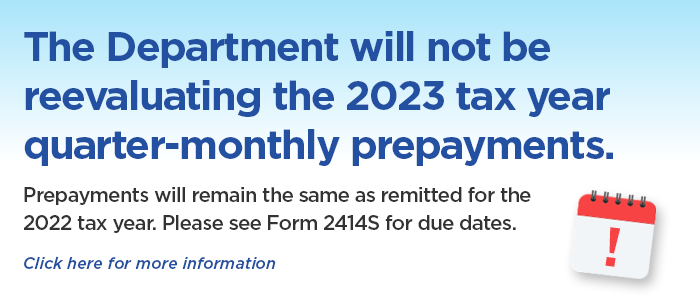Expat Taxes - The Benefits of Claiming the Foreign Tax Credit
Expat Taxes: The Benefits of Claiming the Foreign Tax Credit There are a number of ways that US expats can reduce their tax burden when working abroad. These include the Foreign Earned Income Exclusion (FEIE), Foreign Housing Exclusion, Foreign Tax Credit, and tax treaties. The FEIE allows American expats to exclude up to $108,700 of their 2021 earnings from federal income tax. This amount is adjusted each year to account for inflation. In addition, US expats can claim a foreign tax credit that reflects the value of any foreign income taxes they paid on certain types of income in the year that they moved abroad. This can be a significant source of tax relief for expats, and can often eliminate or completely eliminate their US tax liability. However, there are a few things that expats need to consider before claiming the Foreign Tax Credit. First, they need to determine the exact dollar value of any foreign income taxes that they have paid. This can be done by filling out IRS Form 1116, which asks for the details about where the foreign income tax was paid and what type of income it was earned on. Once this information is provided, they
read moreA Complete Guide to Filing US Tax Returns in Portugal: What Expats Need to Know
Expats living in Portugal often need to navigate complex tax codes. Many American citizens living there fear the possibility of double taxation so I managed to steal an hour from a well esteemed US tax accountant in Portugal Derren Joseph who's been providing US tax service for Americans in Portugal for years. At present, both Portugal and the US have tax treaties , which may help ease these fears. Furthermore, expats can use various options available to them in order to lower their taxable income. 1. Tax Treaty With its mild climate, stunning beaches, and 16th to 19th-century architecture, Portugal is becoming increasingly popular as an expat destination. But it is essential that US expats remember they must file both Portugal and US taxes when living there. Portugal and the US have an existing tax treaty which helps prevent double taxation on expat income earned in both countries, as well as providing deductions and credits that may offset US taxes owed for income earned there. Individuals are subject to progressive tax rates for wages, business and professional income, investment income, capital gains and increases in asset value. Non-resident shareholders pay withholding tax of 20% (or the treaty rate), while interest
read more:max_bytes(150000):strip_icc()/PresidentTrump-3975bbb9a0e448b6a7a9b6db22281e41.jpg)
The Impact of the Tax Cuts and Jobs Act on Small Businesses
The Tax Cuts and Jobs Act (TCJA) was signed into law in December 2017, and it brought about significant changes to the U.S tax code. One of the main goals of the TCJA was to provide relief for small businesses. Here's a breakdown of some of the ways the TCJA impacts small businesses. Lower Corporate Tax Rate: The TCJA lowered the corporate tax rate from 35% to 21%. This means that small businesses that are organized as C-corporations will see a significant reduction in their tax liability. Pass-Through Deduction: The TCJA created a 20% pass-through deduction for small businesses organized as pass-through entities such as S-corporations, partnerships, and sole proprietorships. This deduction allows small businesses to deduct 20% of their qualified business income (QBI) from their taxable income. Expensing: The TCJA increased the Section 179 expensing limit from $500,000 to $1,050,000, and the phase-out threshold from $2,000,000 to $2,620,000. This allows small businesses to expense a higher amount of their capital investments in the year they are made, rather than depreciating them over a number of years. Interest Deduction Limitation: The TCJA limits the amount of business interest
read more
The Tax Implications of Starting Your Own Business
Starting your own business is an exciting venture, but it's important to understand the tax implications of this decision. From self-employment taxes to deductions and credits, there are a variety of tax rules and regulations that apply to small business owners. Here's a breakdown of some of the tax implications of starting your own business. Self-Employment Taxes: Self-employed individuals are responsible for paying self-employment taxes, which include Social Security and Medicare taxes. Self-employment taxes are calculated as a percentage of your net income from self-employment, and are generally higher than the taxes paid by employees. Deductions and Credits: Small business owners may be eligible for deductions and credits, which can lower their tax liability. For example, small business owners can deduct certain business expenses, such as office supplies, rent, and equipment. Additionally, small business owners may be eligible for credits, such as the Small Business Health Care Tax Credit or the Work Opportunity Tax Credit. Income Taxes: Small business owners are responsible for paying income taxes on their business income. This includes income from sales, services, or investments. Sales Taxes: Small business owners may be required to collect
read more